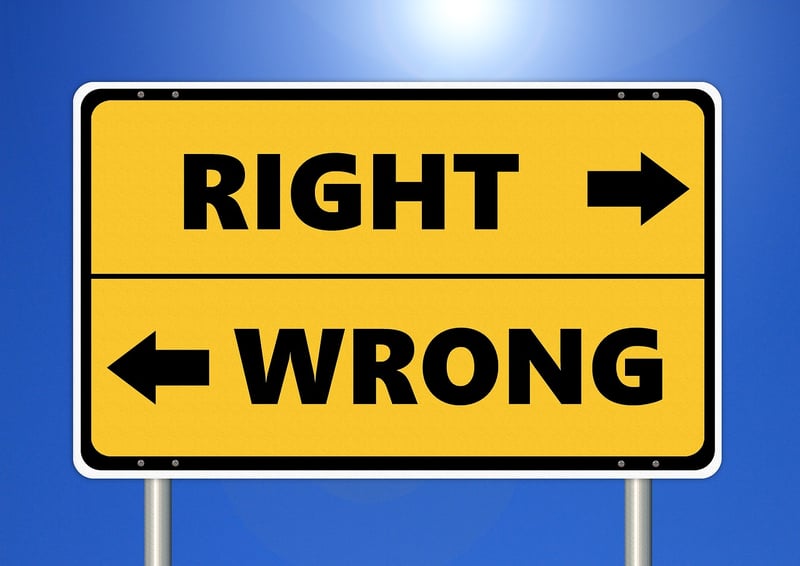Ethical Dilemmas
The Intersection of Moral Considerations and Ethical Dilemmas
When faced with complex decisions in both personal and professional realms, individuals often encounter a challenging intersection between moral considerations and ethical dilemmas. Understanding the differences and overlaps between these two concepts is crucial for navigating difficult situations with integrity and empathy.
Moral Considerations
Morality refers to a set of principles or values that guide individuals in determining what is right or wrong. These moral considerations are deeply ingrained within a person's belief system and are often influenced by cultural, religious, and familial factors. When making decisions based on moral considerations, individuals prioritize actions that align with their personal values and strive to uphold ethical standards.
Key Points:
- Moral considerations are subjective and can vary from person to person.
- They serve as a compass for ethical decision-making and shape one's character.
- Acts that are considered morally right are often associated with feelings of inner peace and contentment.
Ethical Dilemmas
On the other hand, ethical dilemmas arise when individuals are faced with complex situations where moral principles conflict, making it challenging to determine the right course of action. In such scenarios, individuals must weigh the consequences of their choices and strive to find a resolution that minimizes harm and upholds the greater good.
Key Points:
- Ethical dilemmas require individuals to navigate conflicting moral considerations.
- They often involve difficult decisions where multiple stakeholders are affected.
- Resolving ethical dilemmas requires critical thinking, empathy, and a deep understanding of ethical principles.
Navigating the Intersection
When moral considerations and ethical dilemmas intersect, individuals are faced with the challenge of balancing personal values with the broader ethical implications of their actions. In such situations, it is essential to engage in open dialogue, seek diverse perspectives, and consider the long-term consequences of decisions.
By fostering a strong ethical foundation rooted in moral considerations, individuals can navigate ethical dilemmas with integrity and compassion, ultimately contributing to a more ethical and just society.
Conclusion
Understanding the interplay between moral considerations and ethical dilemmas is vital for making informed decisions that align with one's values while upholding ethical standards. By cultivating a strong moral compass and honing ethical reasoning skills, individuals can navigate complex situations with wisdom and integrity.
Remember, at the heart of every ethical dilemma lies an opportunity to uphold what is right and just, even in the face of adversity.


